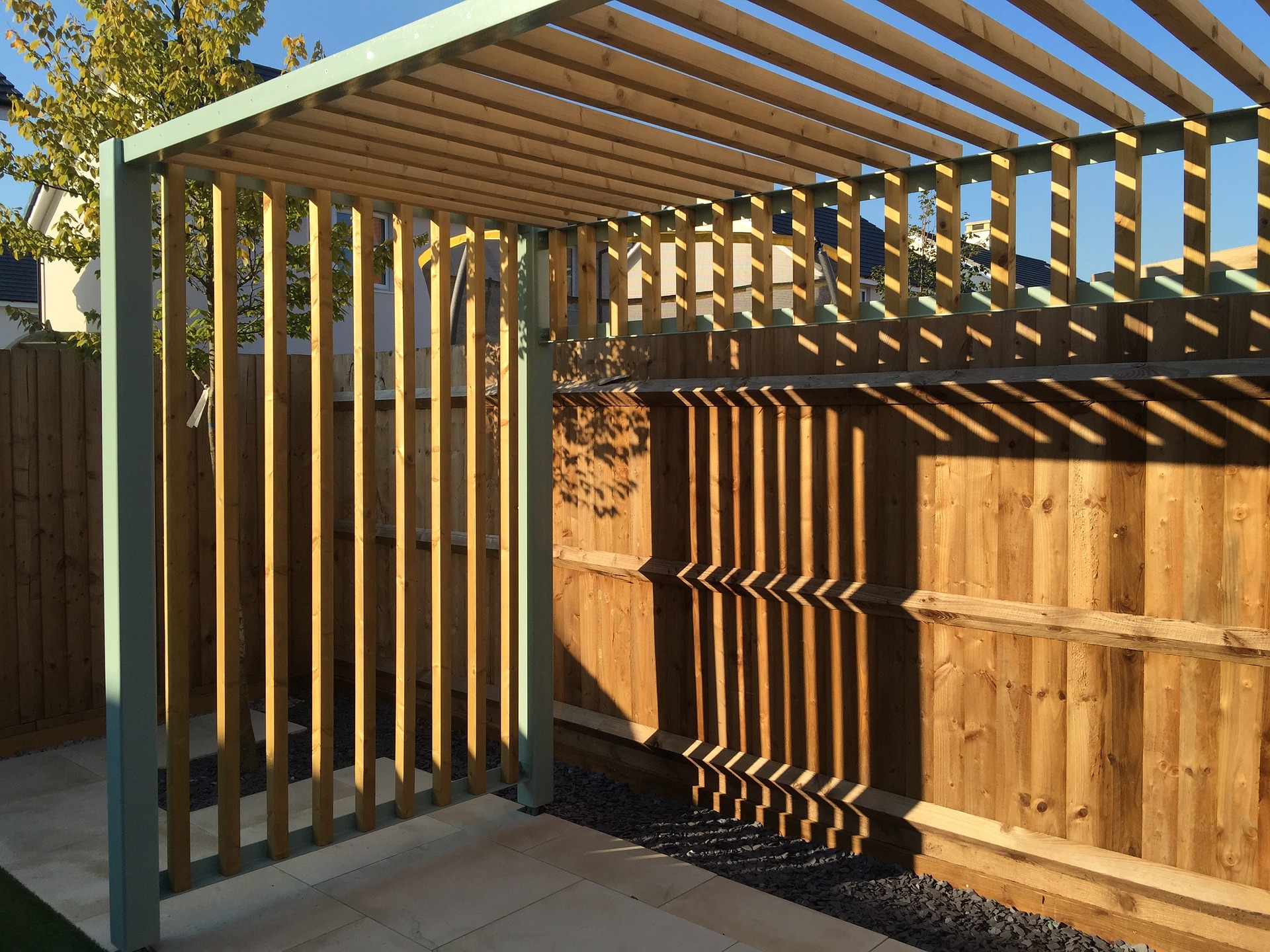How to choose the right timber for your pergola

One of the main things that we are constantly asked about is which wood is the best for making pergola. Your carpenter will ask you what kind of timber you need and before that, you need to decide which timber is the superior one for building your pergola. Every outdoor space needs good wood to be constructed from, but there are many options available. This makes choosing the right one for your garden a challenge. Timber has several qualities, including strength, appearance, stability and longevity. The type of timber you choose will depend on the individual characteristics of the tree from which it was sourced and your budget. However, there are some timbers that generally offer the best performance and durability, making them a good choice for making pergolas or any other outdoor area. We, carpentry company Sydney, are going to take the pressure away by giving you the details of two types of timber that are perfect for your pergola.
Pergolas are a classic feature of gardens. They provide a framework that allows you to grow plants in a way that enhances the natural look of your garden. It is essentially a series of wooden posts supporting a wooden beam, which in turn supports a horizontal beam. In some cases, this is open to the elements, but in most instances it is covered with vines or planted with climbers or both. The beauty of pergolas lies in the fact that they can be used not just for climbing plants, but also for supporting plants that have been trained along wires to grow up towards the sun. At first glance pergolas seem simple to construct and install. However, you need to take into account a number of factors before making a decision on which type is right for you and your garden. It's vital that you obtain expert advice on choosing the right timber for building your pergola. You need to consider both the appearance and the durability of the wood so that it lasts many years. There is a lot of hardwood and softwood available, and each one has its own strengths and weaknesses. Softwood is strong and light, but not quite as good for longer spans. Hardwood is stronger and can be used in larger structures, but it's also denser so it's heavier too.
Softwood
Softwood timber has been used since ancient times for all kinds of things; it was the only kind of timber available to people in colder climates before metal tools were invented. It's also used for making pergolas and other garden structures because it's relatively cheap and easy to work with. Softwood pergola timbers such as pine and cedar are great for structures that aren't exposed to the sun or rain. They have a natural resistance to decay and insects, which can be boosted by impregnation with a preservative. These softwoods are relatively inexpensive and very strong, although they do tend to crack more than hardwoods.
Hardwood
If you're planning to use hardwood timber for making pergolas, you need to know what characteristics to look out for. Hardwood is much more environmentally sustainable than softwood; it takes far longer to grow and regrow than softwood does. Because of this longevity, a small amount of hardwood can supply a great deal of wood over time – a significant advantage when taking into account factors such as deforestation. The most important thing with hardwood timber for making pergolas is to ensure that it is not rotten or affected by insects, particularly termites or woodworm. You will be using these timbers inside your garden so they should be free from any problems.
Still unsure? Contact professional carpenters to help you decide: 0412531757.
